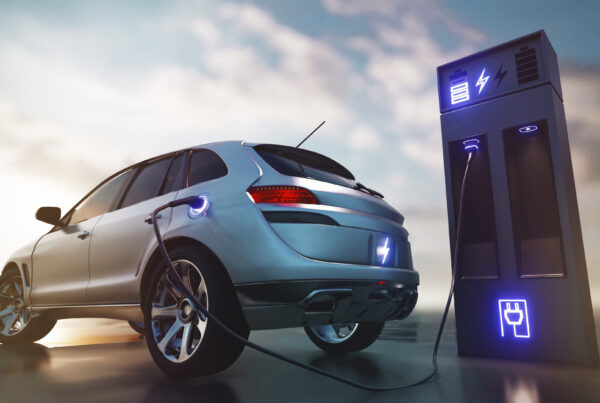A report from the Australian Transport Safety Bureau has found that 43 per cent of drivers answer their phones, 24 per cent make calls, 16 per cent read text messages and 8 per cent send text messages while driving – confirming that the use of mobile phones when driving is a major road safety problem.
Another US study covering 42,300 hours of data on 241 drivers found 34 per cent of drivers were involved in an incident, with driver inattention attributed as a leading factor.
As drivers continue to return to “COVID-normal” operations in 2021, you’ll find many of your inexperienced drivers more distracted and inattentive than every before. To negate this problem below are 10 easy tips you can introduce to your fleet operations to keep your drivers safer on the roads in 2021.
1. Fatigue
Driving when fatigued is dangerous and significantly increases incident risk. As an empolyer you should plan realistic schedules and drivers should be rested before departure, stop for appropriate rest breaks (every two hours, even if not feeling tired) and avoid driving during normal sleeping hours.
2. Speeding
Your employees should never exceed the posted speed limits. Invest in proper telematics and you’ll be able to see which of your drivers are speeding and can set appropriate disciplinary measures.
3. Vehicle Safety Assistance Systems
These are systems which are designed to assist stability and manoeuvrability, thus preventing loss of control in severe manoeuvring, braking and/or adverse weather conditions. As a handy guide try to find the most recently date stamped ANCAP SAFETY five-star vehicle that you can – the more recent the test, the better the vehicle safety systems will likely be.
4. Electronic Stability Control (ESC)
Where available ESC should be considered as standard equipment for all company supplied or financed vehicles and all vehicles undertaking company business. Where such systems are available they must not be intentionally disengaged.
5. Anti-Lock Braking (ABS)
ABS must be standard on all company supplied or financed vehicles and all vehicles undertaking company business.
6. Traction Control
Where available, Traction Control must be considered as standard equipment and included in all vehicle acquisitions. Where such systems are available they shall not be intentionally disengaged.
7. Airbags
Vehicles that do not have driver and passenger airbags should not be used on company business. Side (curtain or head and trunk) airbags, which offer significant occupant protection, must be specified on new vehicle acquisitions. Where not available on the first choice of vehicle, a case must be made and submitted to management for authorisation to deviate from this policy.
8. Lane Departure Warning
Where Lane departure warning is available it should be considered as standard fixture.
9. Reversing Sensors
Where available reversing sensors and/or camera will be considered as standard equipment and included in all vehicle acquisitions.
10. Driver Distraction – Mobile Phones
The use of handheld mobile phones when driving is illegal and in no circumstances should this be done. Employees should be ticketed for this behaviour and advised of the company policy regarding disciplinary action. Studies show that the use of mobile phones when driving, including hands free, cause driver distraction – therefore no mobile phone activity should be undertaken, either in voice or text mode, whilst driving.
You can watch a list of AfMA safety videos here, which cover explanatory videos about technologies, such as lane keep assist, electronic stability control, autonomous emergency braking and more.






